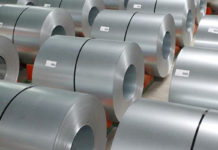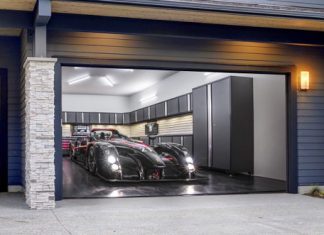Winter can be a harsh season, especially when it comes to your home heating system. As temperatures drop and snow piles up, you want to ensure your home is warm and comfortable. But if you have an outdated or inefficient heating system, this can be a challenge. That’s why it’s important to consider new system installs before winter arrives.
What to Consider When Upgrading Your Home Heating System
When considering a home heating system upgrade, there are several factors to keep in mind. These include your budget, the size and layout of your home, energy efficiency ratings, and potential installation costs. It’s also important to research reputable HVAC companies and compare quotes from multiple sources before deciding.
Additionally, you should consider the type of heating system that best suits your needs. Some common options include:
- Furnaces: These use natural gas, propane, or electricity to heat air and distribute it throughout your home via ducts.
- Boilers: These use water or steam to heat radiators or floor systems, providing warmth through radiant heat rather than forced air.
- Heat pumps: These use electricity to transfer heat from the outside air or ground into your home, making them a more environmentally friendly option.
- Ductless mini-split systems: These are similar to heat pumps but do not require ducts, making them a good option for older homes or room additions.
Why Upgrade Your Home Heating System?
Upgrading your home heating system has numerous benefits, and a key component of this process often includes compressor installs. A modern, efficient compressor can significantly boost the performance of your heating system, ensuring consistent, reliable warmth throughout the colder months. The compressor is an integral part of new system installations, and by choosing a high-quality compressor, you’ll be investing in the longevity and effectiveness of your entire heating system. Other reasons to upgrade your home heating system include:
- Lower energy bills: New systems are more efficient, meaning they use less energy and ultimately lead to lower utility costs.
- Reduced environmental impact: By upgrading to a more efficient system, you’ll decrease your carbon footprint and help the environment.
- Improved air quality: Older heating systems can release harmful gases into the air, but newer systems have better filtration and ventilation, leading to cleaner and healthier indoor air quality. Modern systems also have UV lights installed, which can help eliminate bacteria and other harmful particles in the air.
- Increased home value: Upgrading your heating system can also increase the value of your home, making it a worthwhile investment for both your comfort and potential resale value.
Upgrading your home heating system is an important step in preparing for winter. It can save you money, improve your home’s comfort and air quality, and even increase its value. When considering an upgrade, carefully research your options and consult with professionals before making a decision. With a new system, you’ll be ready for whatever winter has in store. So why wait? Upgrade your home heating system today and enjoy a cozy winter season.















